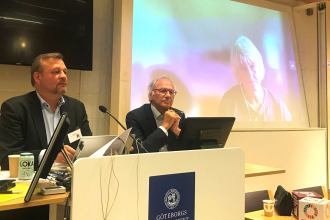Inclusive Green Economy in Practice for Civil Servants and Policy Makers
High-level stakeholder’s workshop that will bring together representatives from inclusive green growth relevant ministries (Ministry of Agriculture; Ministry of Livestock and Fisheries; Ministry of…




